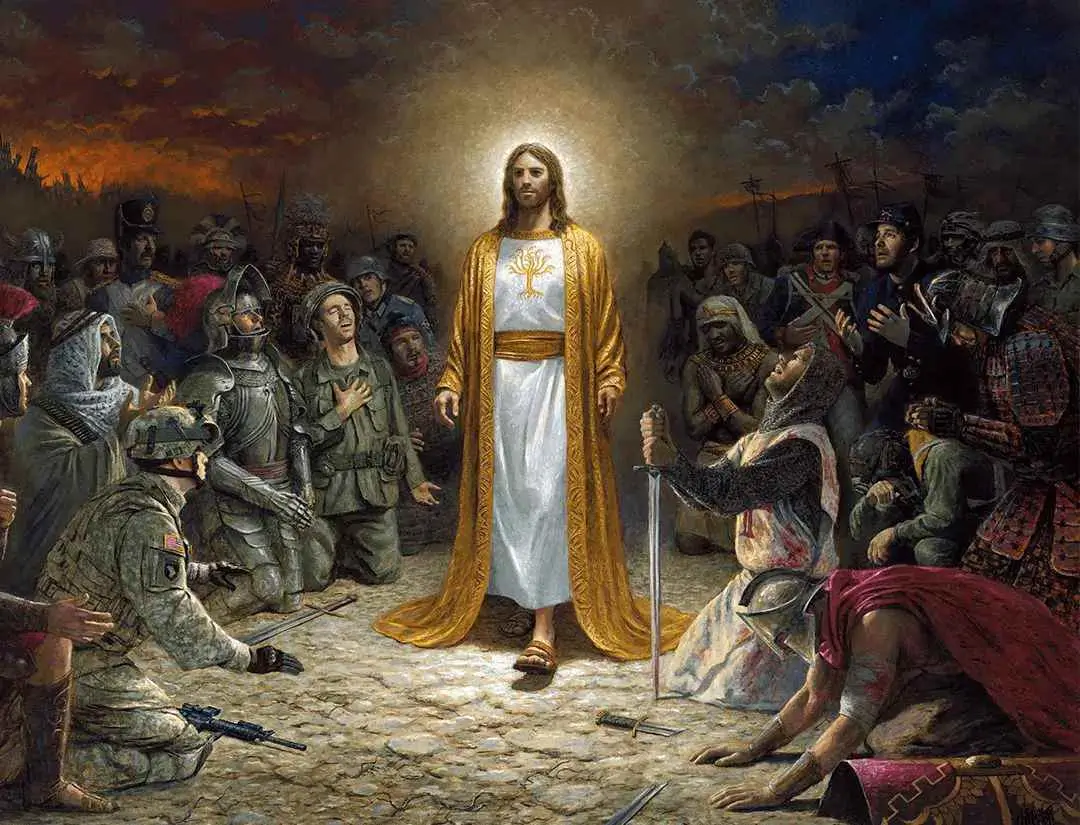Language
 Directory
Directory
Part 21
Trinity

God the Father: The KJV Bible presents God as the Creator and sustainer of the universe. In the Old Testament, God reveals himself as the one true God to the Israelites and makes covenants with them. Passages like Genesis 1:1 and Isaiah 43:10 emphasize his sovereign power and authority.
God the Son (Jesus Christ): The New Testament introduces Jesus Christ as the Son of God. According to Christian belief, Jesus is both fully human and fully divine. He is believed to be the promised Messiah who came to save humanity from sin. Verses such as John 1:1-14, where Jesus is referred to as the Word who became flesh, and John 3:16, which highlights God's love by sending his only begotten Son, reveal the role of Jesus as God incarnate.
God the Holy Spirit: The Holy Spirit is portrayed as the third person of the Trinity. In the Bible, the Holy Spirit is described as the Comforter or Advocate who guides, empowers, and convicts believers. Acts 2:1-4 illustrates the outpouring of the Holy Spirit at Pentecost, empowering the early disciples for their ministry. Additionally, passages like John 14:15-17 and Romans 8:26 highlight the role of the Holy Spirit in the lives of believers.
The story of the Trinity in the KJV Bible portrays God as one divine being who eternally exists in three distinct persons: the Father, the Son (Jesus Christ), and the Holy Spirit. While each person of the Trinity is unique in function and relationship, they are considered to be co-equal and co-eternal, sharing the same divine essence as one God. The Trinity is a central doctrine in Christian theology, emphasizing the complexity and unity of God's nature as revealed in the Bible.




 Previous
Previous







